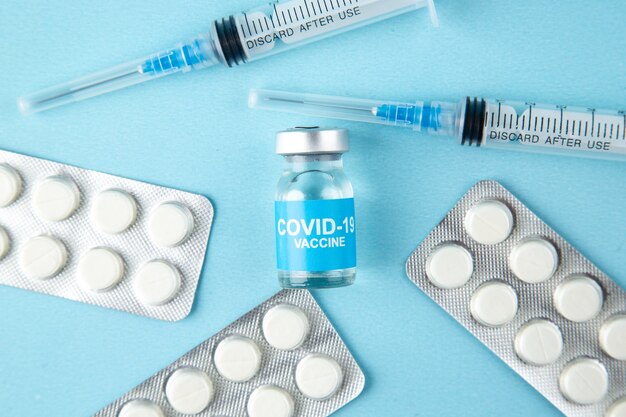
Choosing to eat organic foods has been a popular topic among those who prioritize health. Concerns about environmental pollutants, antibiotics, and pesticides in our food have led many to prefer organic options. Organic foods are grown with natural fertilizers and pesticides, resulting in less chemical residue. Studies indicate that a regular organic diet might help fend off illnesses like heart disease and cancer. Embracing an organic lifestyle supports both personal health and eco-friendly farming practices, contributing to a healthier planet. Let’s explore how eating organic influences our well-being.
Reducing our exposure to pesticides is a significant benefit of eating organic. Although pesticides protect crops, they can be harmful to humans. Organic foods use little to no pesticides, making them safer. Research shows that kids who eat conventional foods with pesticides are at greater risk for cognitive and behavioral issues. Switching to organic can significantly reduce their exposure to these harmful chemicals, lowering the associated risks. The increasing popularity of organic food, combined with its pesticide-free nature and health benefits, makes it essential for a healthy, sustainable lifestyle.
Organic foods are often considered healthier than conventional produce because of the natural farming methods used. The soil for organic farming is nutrient-rich, leading to produce high in essential vitamins and minerals. As organic foods undergo minimal processing, they retain more of their natural goodness, making them more nutritious than heavily processed options. Including nutrient-rich organic foods in our diets can enhance our immune system and help fight off diseases.
In today’s world, where chronic diseases are on the rise, prevention is key to staying healthy. Scientific studies suggest that eating organic foods may help prevent chronic illnesses like cancer, heart disease, diabetes, and Alzheimer’s. Conventionally grown foods contain harmful chemicals that can disrupt our hormone-regulating endocrine system, leading to obesity and chronic conditions. Organic foods, mostly free of these toxins, also provide antioxidants and phytonutrients that support our bodies in fighting diseases. Increasing the amount of organic food in our diets can be a crucial step in preventing chronic health issues.
Antibiotic use in regular farming poses health risks by fostering antibiotic resistance. Consuming foods contaminated with antibiotics can lead to this resistance. Organic farming bans antibiotic use, thereby lowering the risk of antibiotic resistance.
While organic foods can be pricey, they are often regarded as a worthwhile investment. The health costs associated with diseases from conventional food consumption can surpass the expense of buying organic foods. Conventional foods may lead to poorer quality of life and higher healthcare costs, making the extra cost of organic food a more economical choice in the long run.
Organic farming is also beneficial for the environment, helping to reduce the amount of harmful chemicals in the soil and water and promoting a healthier ecosystem that’s more resilient to factors like soil erosion. Commercial agriculture contributes significantly to greenhouse gas emissions, but organic farming can help lower carbon output by conserving resources and practicing crop rotation.
To wrap up, the benefits of eating organic to prevent illnesses have been widely discussed. Research links organic food consumption to a reduced risk of several health issues, including cancer, heart disease, and type 2 diabetes. Advantages of organic foods include lower pesticide exposure, higher nutrient content, and improved life quality. Despite the higher costs, the long-term health benefits of investing in organic foods are considerable. Incorporating organic choices into your diet is a simple, effective strategy to improve health and lower the risk of preventable diseases.









